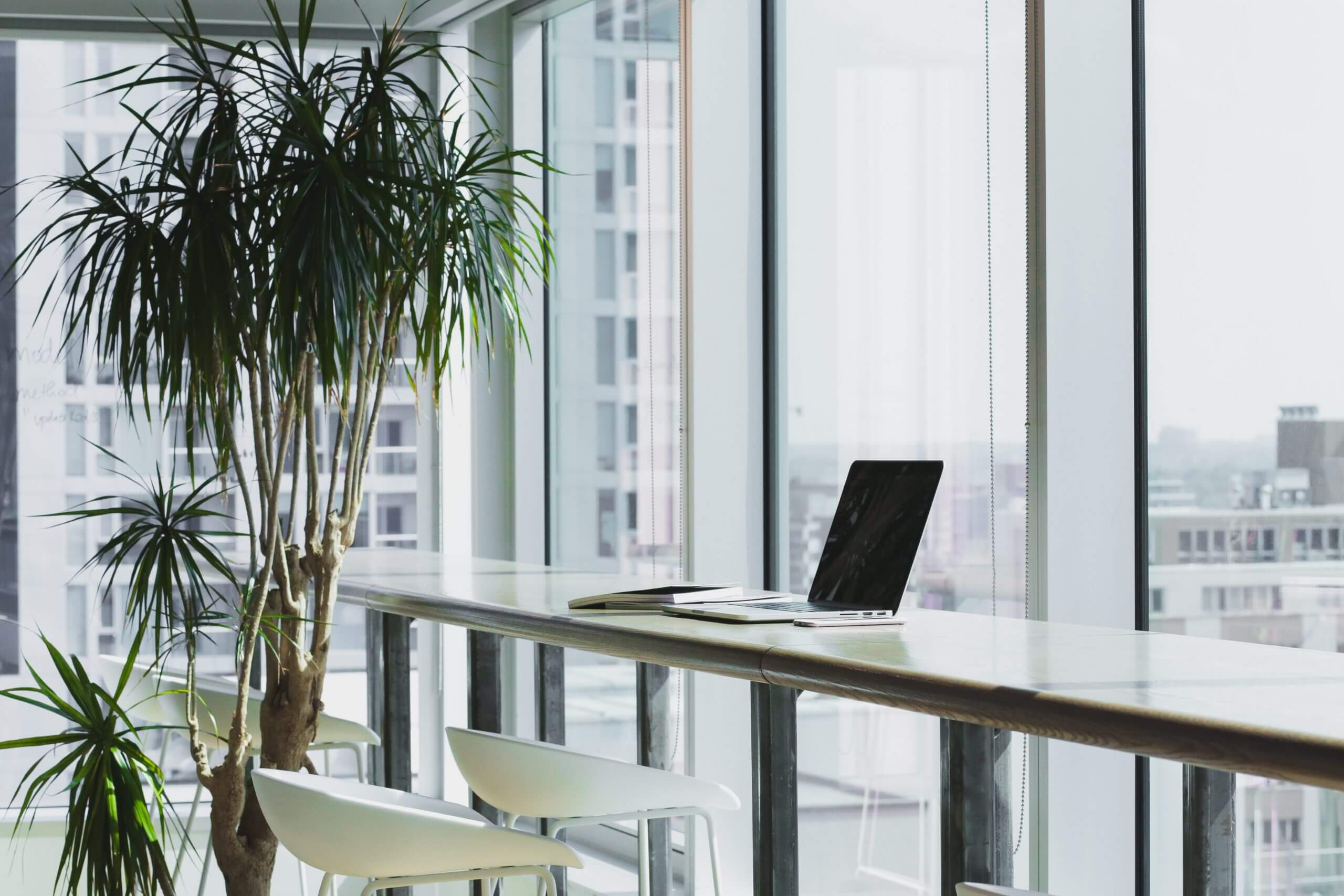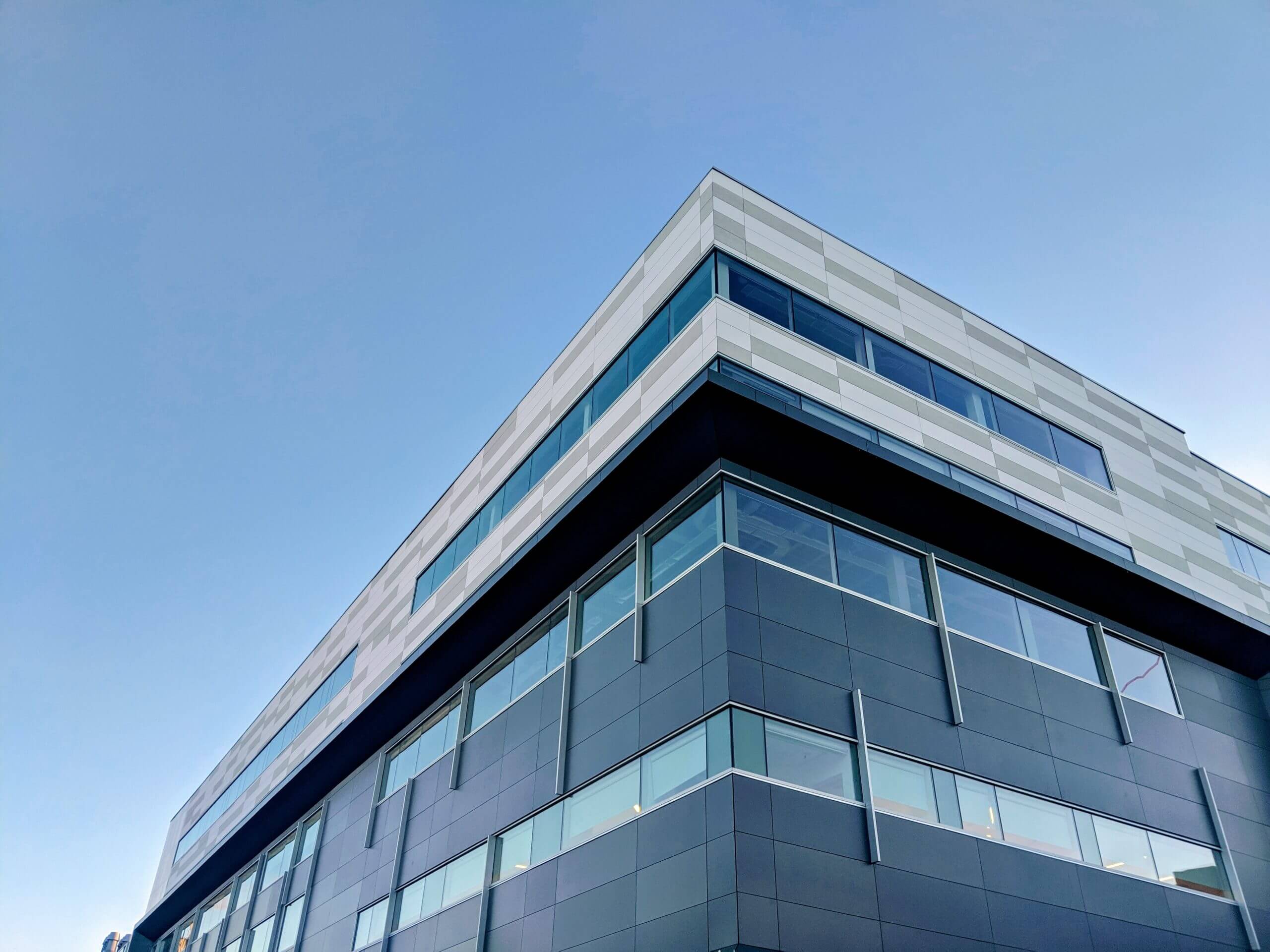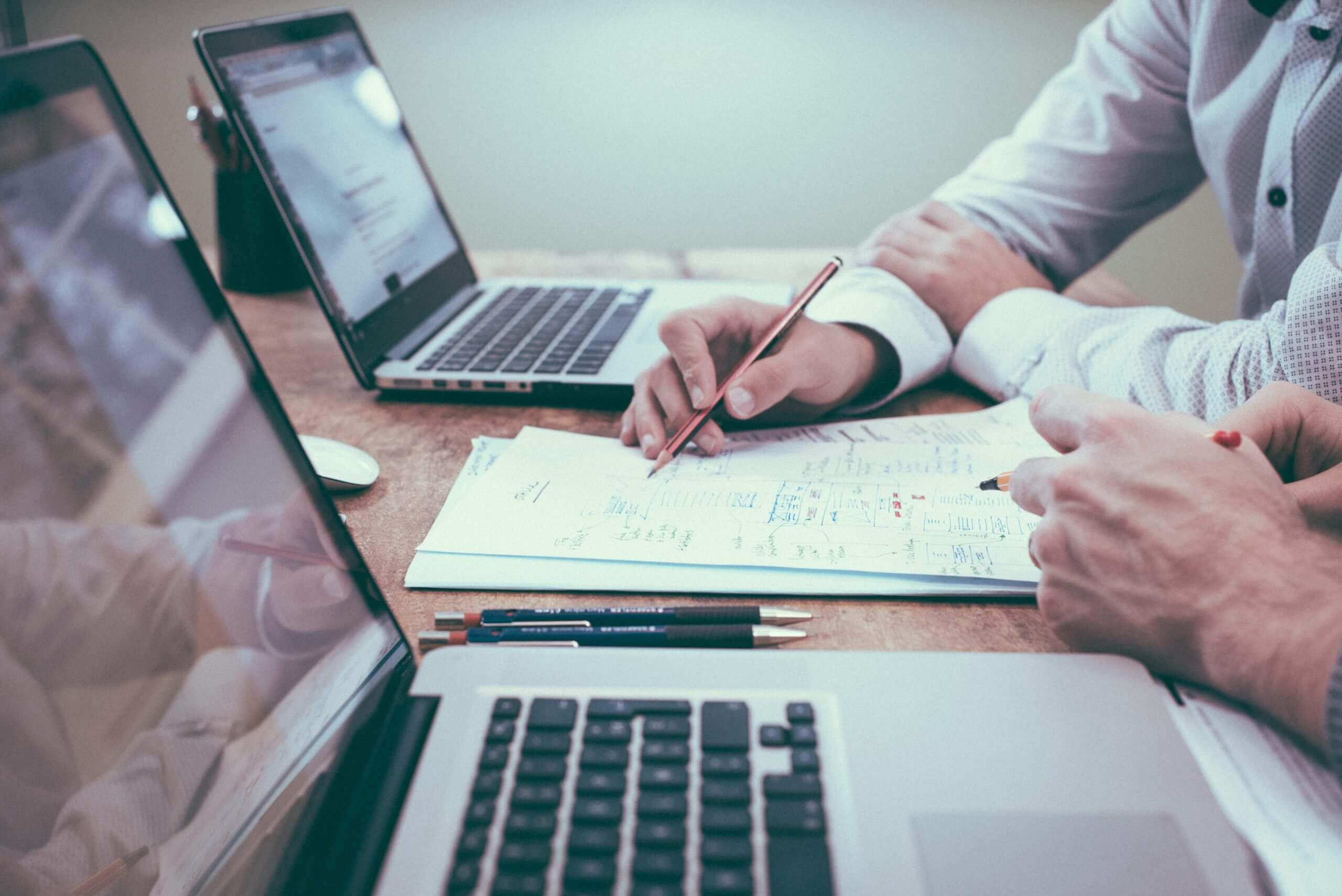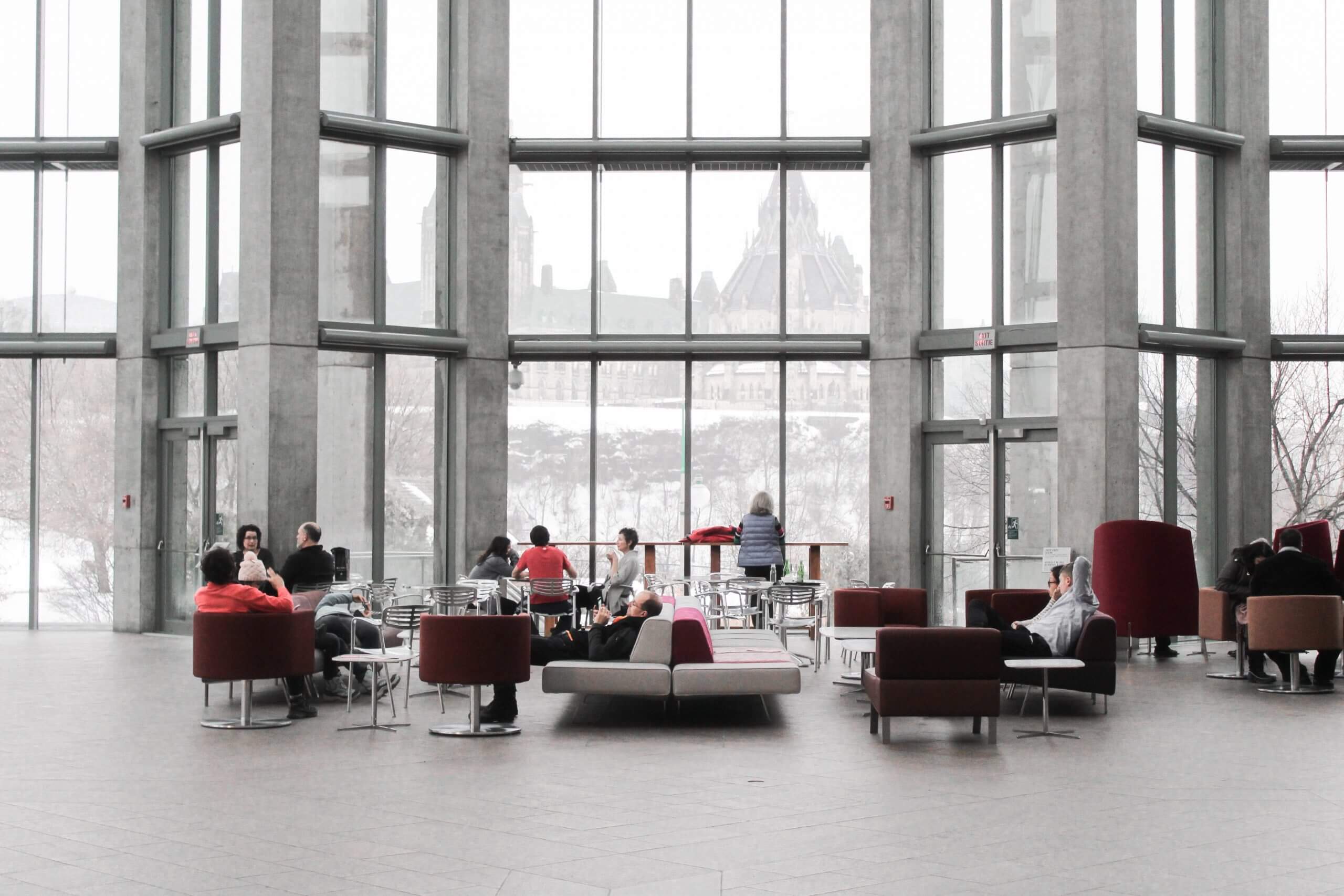Leasing vs Buying Commercial Real Estate in 2021


If your business is looking for a new space, one of the first decisions you’ll have to make is whether you’re going to lease or buy.
When it comes to leasing vs buying commercial property, there’s no definitive right answer. It really depends on the needs of your business and your goals. However, the decision will have a big impact on your company in both the short and long term, so it’s important to do your research to determine which option is right for you.
Keep reading for everything you need to know about leasing and buying commercial real estate in 2021.

1. How Does Leasing Commercial Real Estate Work?
When you lease a commercial space you’re renting it from a landlord. When you sign a lease agreement you have the right to use the property for your business for however long is specified in the lease. In exchange, you’ll pay the landlord a predetermined amount every month.
A lease agreement also outlines the roles and responsibilities of both the tenant and the landlord. The responsibilities of both parties will depend on the type of lease being used.
There are five common types of commercial leases:
Gross/Full Service Lease: The landlord takes full responsibility for the property, including paying for property taxes, insurance, and utilities, and managing maintenance and repairs. These expenses come out of the tenant’s rent, which often results in a higher base rent than most other types of leases.
Single Net Lease (N Lease): The tenant pays for utilities and a portion of the property taxes. The landlord is responsible for all other expenses, including insurance and maintenance.
Double Net Lease (NN Lease): The tenant pays for utilities, plus a share of the property taxes and insurance. The landlord is responsible for any maintenance and repair costs.
Triple Net Lease (NNN Lease): The tenant is responsible for the three “nets”: property taxes, insurance, and maintenance. Tenants must also pay for their own utilities. Because tenants are responsible for the majority of the building expenses base rents for NNN leases are usually lower.
Modified Gross Lease: This type of lease acts as a compromise between a gross lease and a net lease. Tenants pay all their expenses in one lump sum to the landlord. This can include any of the “nets,” plus utilities. The costs that the tenant is responsible for will depend on the lease.
As you can see, the nature of a commercial lease can differ wildly from one agreement to another. If you’re leasing a commercial property make sure to review the agreement thoroughly so you have a complete understanding of what you’re signing.

2. Why Do Companies Choose to Buy Commercial Property?
There are a number of reasons why a business might choose to purchase a commercial property instead of leasing:
Here are a few of the benefits of working with a broker:
They Want to Invest While there are never any guarantees, buying commercial real estate is often a good investment.
They Have a Large Amount of Capital: Once a business outgrows the start-up phase and has a lot of capital on hand it starts to make more sense to buy rather than lease.
Their Business Needs Have Stabilized: If a business is no longer growing rapidly, or they have a solid understanding of what their needs will be in five or ten years, it’s easier to lay down roots.
They No Longer Want to Deal with a Landlord: Even the most favorable leases still come with some restrictions. At a certain point, a company may decide it’s in their best interest to free themselves from a landlord so they have more control over their space.
They Have the Resources to Manage a Property: Looking after a property is a job in itself. Many smaller companies only have the capacity to focus on their business. But once a company has enough resources at its disposal managing a property becomes a lot easier.
If any or all of these reasons apply to your business then it might be time to consider buying. However, there is no hard and fast rule about when to buy and when to sell. Investing in commercial real estate is a major decision and it needs to make sense for your business.
3. Pros and Cons of Leasing Commercial Property
Lots of companies prefer the benefits of leasing commercial property, but that doesn’t mean there aren’t any drawbacks.
Here’s what you should know before you decide to lease:
Pros
You Build Equity: Every mortgage payment you make helps grow your equity in the property. This means your payments are working towards something, not just going to a landlord.
It’s an Investment: When the value of your property increases your business will benefit. If you choose to sell the property down the road it could lead to a significant capital gain.
No Landlord: You don’t have to live under someone else’s rules. This means you have complete control over the property and can make whatever alterations to it that you like.
You Can Rent it Out: If you have extra space you can rent it out to another business. This will give you an additional source of revenue, which you can use to pay off your commercial real estate loan.
Tax Benefits: When you own a property you’re able to write off your interest expenses, asset depreciation, and any other non-loan related expenses.
Cons
Upfront Costs: The average downpayment for commercial real estate is 20% - 30%. Depending on the property, that could be hundreds of thousands of dollars. You’ll also have due diligence fees and closing fees on top of that.
More Liabilities: If anyone is hurt on your property you’re liable for it. This includes any accidents that occur as a result of your tenants’ businesses as well. So, you’ll have to pay for liability insurance to protect yourself.
Less Flexibility: Most commercial real estate loans last at least 15 years, which makes it more difficult to move if you outgrow the location. Your capital is also tied up in the property, which prevents you from investing that money into the business.

4. Costs of Leasing Commercial Property
As we’ve discussed, the costs associated with leasing can vary depending on the agreement. The lease payment is the only guaranteed cost, while other expenses may be included. It’s also possible that additional costs could be built into the lease payment.
With that said, here are some of the expenses you can expect when leasing:
Lease Payment: On average, you’ll pay anywhere from $10 - $25 per square foot to lease a commercial space.
Property Taxes: This fluctuates from lease to lease. You might have to pay all or just a portion of the total amount. A common practice is for the landlord to pay the property taxes for the first year, then have the tenant pay all or a portion of the increase in the following years.
Property Insurance: You may be expected to pay some or all of the commercial property insurance. This insurance is for the structure itself and doesn’t cover your inventory, equipment, and any other assets you may have in the building. You’ll have to purchase your own insurance for those items.
Maintenance and Repairs: Depending on your lease you might also have to pay for some or all of the maintenance and repair costs.
Utilities: In most cases, you’ll be responsible for your own utilities. You can expect to pay around $2.14 per square foot.

5. Costs of Owning a Commercial Property
Just like leasing, there are a number of costs associated with owning a commercial property. These include:
Downpayment: A higher down payment is usually required for a commercial property than a home. The lowest you can expect is around 10%, but on average you’ll pay 20% - 30%.
Closing Costs: This includes underwriting fees, credit checks, appraisals, and inspections, and can cost as much as $20,000.
Commercial Real Estate Loan Payment: This will depend on the size of your loan and your interest rate. Use our commercial real estate loan calculator to determine what type of loan you might be eligible for.
Property Taxes: The average property tax rate in Washington State is 0.930%.
Property Insurance: The average cost of property insurance for businesses is $742 per year.
Maintenance and Repairs: According to a recent survey, building owners spend an average of $2.15 per square foot on maintenance and repairs.
Utilities: As stated above, you can expect to pay around $2.14 per square foot for utilities.
6. Conclusion
So, is it better to lease or buy commercial property? It’s really going to depend on your business and situation. You can always consult with a commercial real estate broker to get expert advice and guidance.

Thank You!
We will contact you as soon as possible.
Be the First One to Know about the
Off-Market Opportunities
Sign up to receive real estate insights and tips direct to your inbox and get exclusive access to investment opportunities.